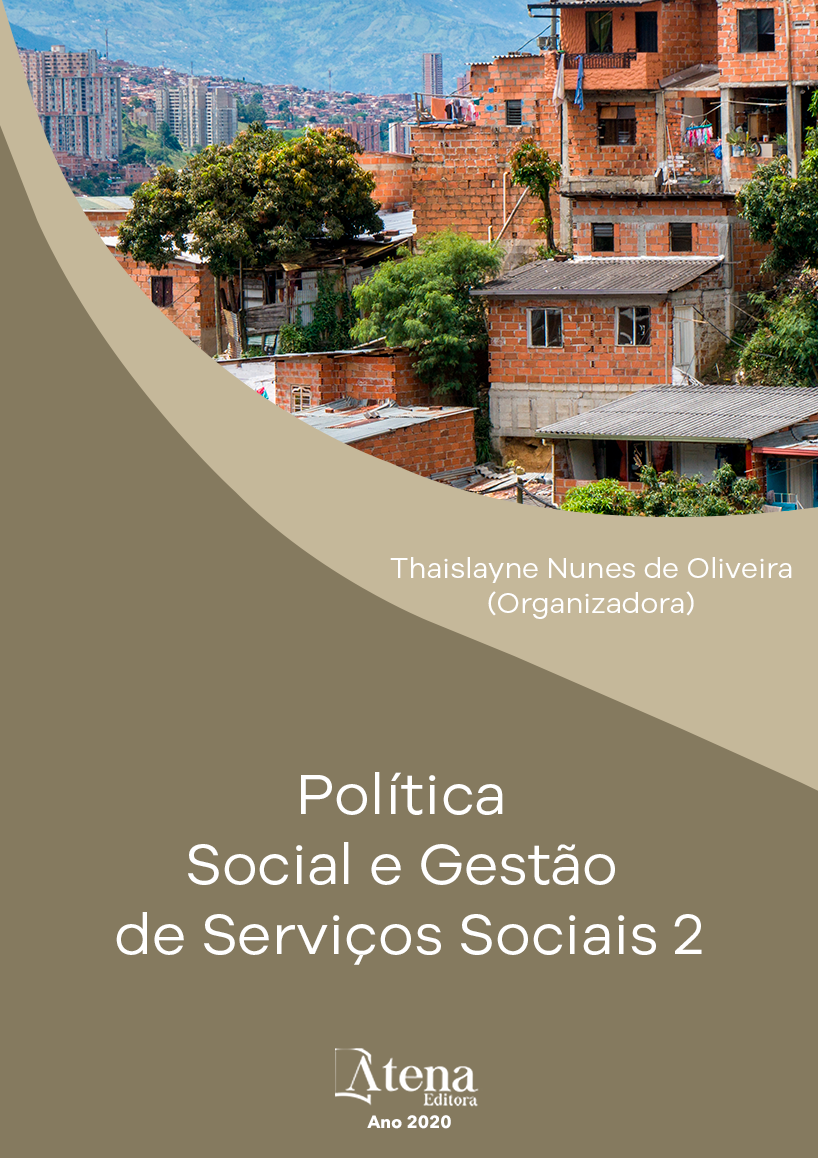
IMPACTOS DA REFORMA TRABALHISTA NA VIDA DAS MULHERES BRASILEIRAS: Reflexos de uma desigualdade de gênero
O patriarcado, sistema de
dominação e exploração de um gênero sobre
outro, especificamente do homem sobre a
mulher, possui raízes muito profundas e,
por conseguinte, as mulheres em geral são
consideradas submissas e com uma índole
permeada pela benevolência, dita natural
desse gênero. Entretanto, com a consciência
de classe adquirida pelos trabalhadores, houve
também uma organização das mulheres em
busca de uma igualdade de direitos sociais.
Com o rápido processo de desenvolvimento
econômico e reestruturação produtiva no Brasil
se reconfiguram as relações sociais de gênero,
especialmente no trabalho, com políticas
neoliberais, como as contrarreformas, sendo
as mulheres o principal alvo dessas mudanças.
Nesse sentido, o presente artigo tem como
objetivo analisar os impactos que a reforma
trabalhista brasileira, estabelecida pela Lei
13.467/2017, que entrou em vigor em novembro
de 2017, traz para a vida das mulheres. A
metodologia utilizada para tanto foi de natureza
qualitativa, através de revisão de literatura e
pesquisa documental. Nas análises realizadas
foi possível identificar que em momentos de
crise, principalmente econômicas e políticas,
aqueles que são considerados como classe
inferior, mediante a cultura patriarcal construída,
tendem a ter seus direitos ameaçados, direitos
estes conquistados com muita luta, resistência
e organização de classe, em prol da contínua
acumulação do sistema econômico, ao qual
também detém o domínio ideológico.
IMPACTOS DA REFORMA TRABALHISTA NA VIDA DAS MULHERES BRASILEIRAS: Reflexos de uma desigualdade de gênero
-
DOI: 10.22533/at.ed.2942009036
-
Palavras-chave: Reforma trabalhista. Contrarreforma. Mulher. Desigualdade de gênero.
-
Keywords: Labor Reform. Counterreform. Women. Gender Inequality.
-
Abstract:
The patriarchy, system of exploitation and domination of a gender
above another one, specifically of a man above a woman, have deeper roots and, for
consequence, the woman in general are considered to be obedient and with a benevolent
behavior, told as natural of this gender. However, with the class consciousness gained
by the laborers, there was a women organization aiming at equality of social rights too.
With the quick process of economic development and the productive restructuring in
Brazil the gender’s social relation are reconfigured, especially at work, with neoliberal
politics, like the counterreforms, the women being the main target of these changes.
Accordingly, this article aims to analyze the impacts of the Brazilian labor reform,
established with the law 13.467/2017, which became effective in November 2017, in
women life. The methodology used was from a qualitative nature, through the literature
revision and documentary research. In the done findings it was possible to identify that
in crisis moments, mainly in economical and political, those who are considered lower
classes, upon the built patriarchal culture, tend to have their rights threatened, these
rights which are conquered with so much fight, resistance and class organization, in
favor of the continuous accumulation of the economic system, that holds the ideological
domain too.
-
Número de páginas: 8
- Andressa Sonja Pereira de Castro
- Jéssica Katariny Oliveira da Silva
- Shirlany Sayonara França Bezerra
- Ariele França de Melo


